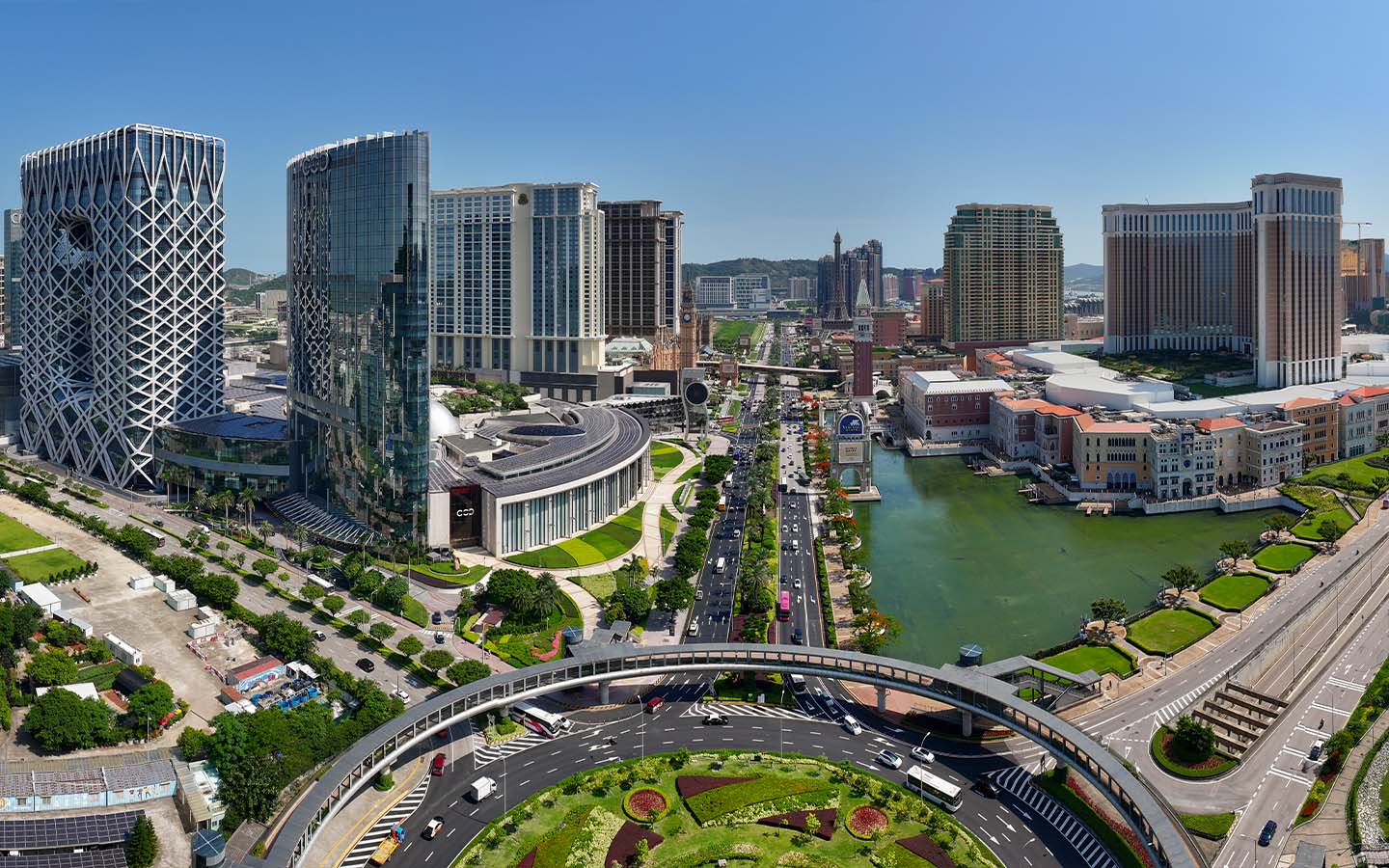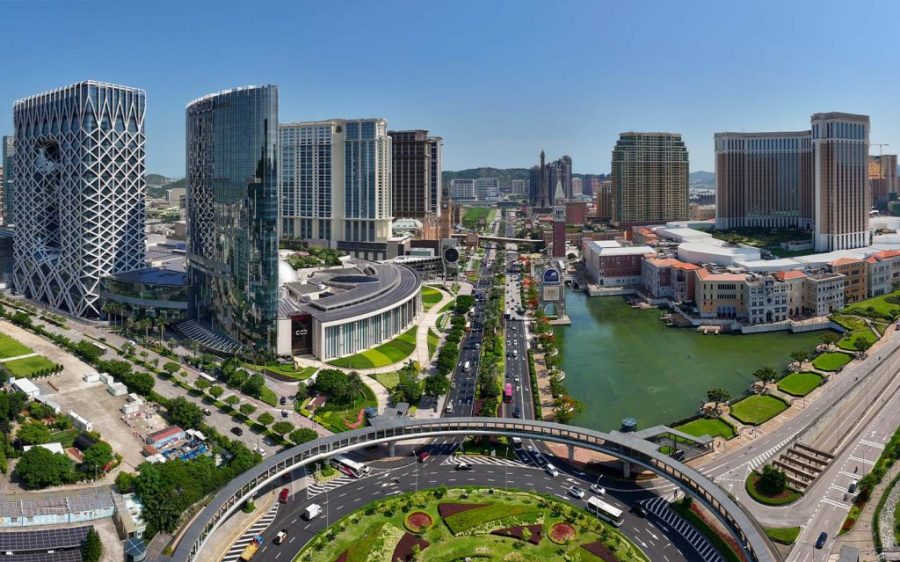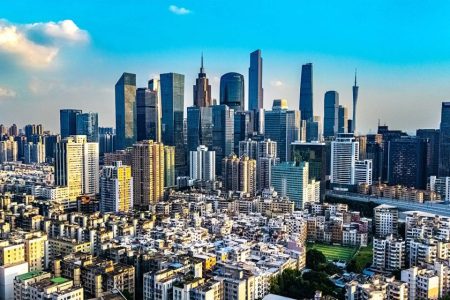If geopolitical tensions worsen, could US casino operators with a presence in Macao be forced to sell their businesses?
That was the question posed over the weekend by Portuguese news agency Lusa to local and regional gambling industry analysts, who had mixed views. Lusa’s report was cited by the Portuguese newspaper Jornal de Notícias.
Casino analyst Ben Lee suggested that if China adopts a retaliatory approach, the likelihood of US gaming firms being compelled to sell their Macao operations would increase. He pointed to Washington’s refusal to rule out the delisting of Chinese stocks in America as evidence that “everything is on the table.”
However, other analysts are more sceptical. Vitaly Umansky of Seaport Research Partners argued that there were “much bigger targets to hunt in China” if Beijing wanted to make a statement, noting that Chinese authorities had already focused on US companies in sensitive sectors like technology and healthcare.
[See more: UM reduces its 2025 Macao economic growth forecast to 6.8 percent]
Nicholas Chen of CreditSights acknowledged that Macao’s concessions could be terminated due to national security concerns or public interest, but the definition of such threats remains unclear.
He also noted that while Macao has been classified as a “foreign adversary” by the US, restricting local company investments, there has been no direct indication of Macao or Chinese governments targeting US-based gambling operators for national security reasons.
Lee suggested that instead of forcing sales, Macao might introduce new laws restricting the transfer of funds from local subsidiaries to US parent companies. Umansky, however, cautioned that such moves would damage Macao’s reputation as a favourable investment environment.
Despite the uncertainty, analysts generally agreed that casino operators will likely fulfil their investment commitments in non-gambling infrastructure, totalling over 100 billion patacas. However, a University of Macau economist noted that the ongoing trade tensions could influence investment plans, Lusa reported.






